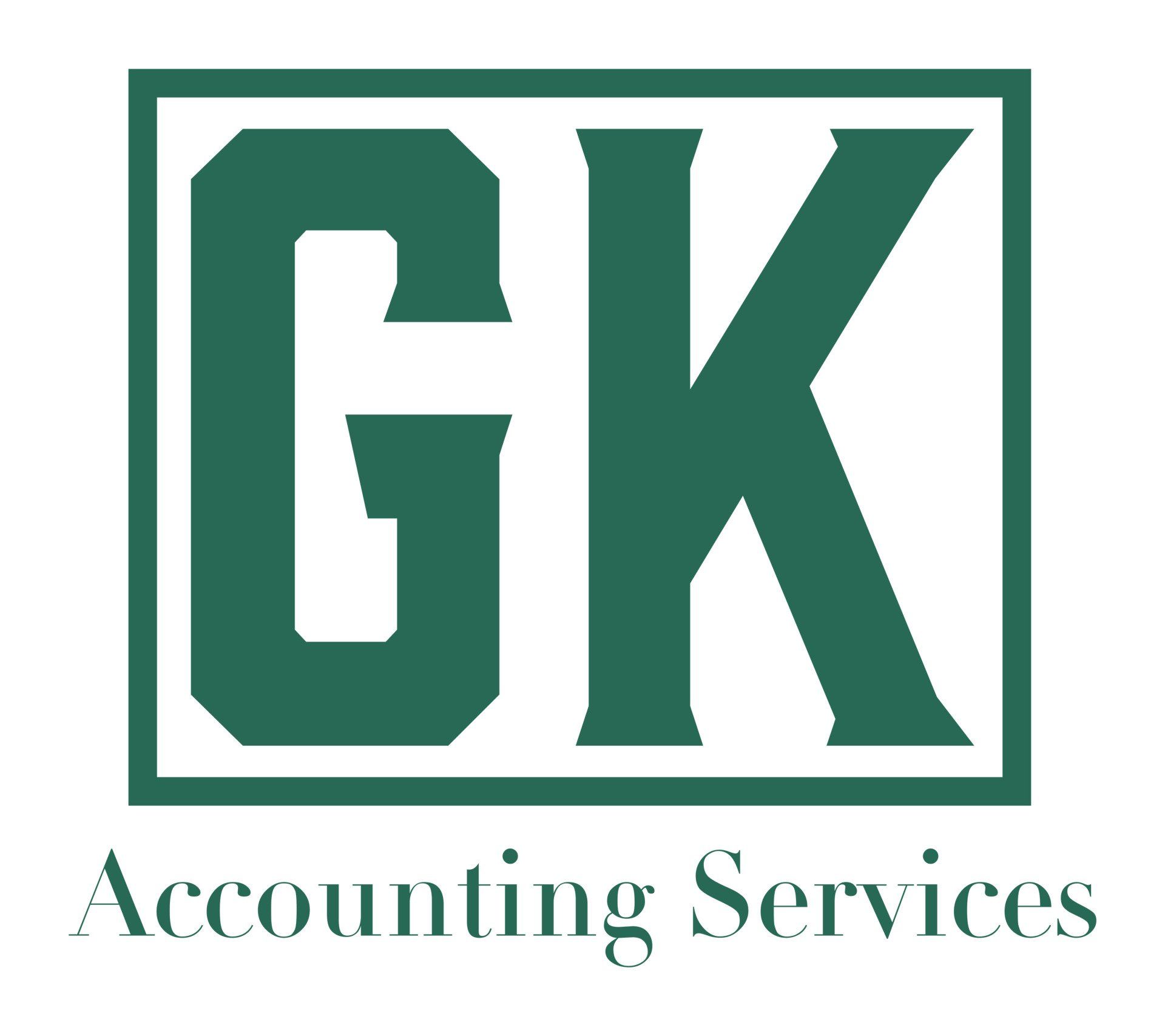Basis Period Reform Changes: Detailed Explanation and Guidance
This is a subtitle for your new post
Overview of the Basis Period Reform
The Basis Period Reform changes how trading income is allocated to tax years. It shifts the basis of assessment from a “current year basis” to a “tax year basis”. This reform eliminates overlapping basis periods that could result in profits being taxed twice and the need for corresponding “overlap relief”.
Key Aspects of the Reform
- Current Year Basis vs. Tax Year Basis:
- Current Year Basis: Under the old rules, trading income is assessed based on the accounting year that ends in the tax year. This could create overlapping basis periods and require overlap relief.
- Tax Year Basis: The new rules assess trading income based on the tax year itself, removing the complexity of overlapping periods and eliminating the need for overlap relief.
- Transition Year (2023-24):
- This year serves as a bridge between the old and new systems.
- Businesses will be assessed on:
- The profits for the 12-month accounting period they have been using.
- The profits for the remaining months of the 2023-24 tax year.
- All outstanding overlap relief can be used against the profits for this year.
- Impact on Different Business Entities:
- Sole Traders and Partnerships: If their accounting period ends between 31 March and 5 April, they continue to file as usual and are not significantly impacted by the reforms.
- Limited Companies: The rules for limited companies remain unchanged.
- Transition Profit:
- Any profit that exceeds the 12-month period during the transition year is termed as “transition profit”.
- Transition profit can be reduced by overlap relief.
- The remaining transition profit is then spread over the next five tax years (2024-25 to 2027-28).
Practical Steps for Businesses
- Review Accounting Periods:
- Businesses should review their current accounting periods to understand how the transition will affect them.
- Align accounting periods with the tax year, if possible, to simplify future filings.
- Calculate Overlap Relief:
- Identify any existing overlap relief and prepare to apply it in the 2023-24 tax year.
- Ensure accurate records are maintained to support claims for overlap relief.
- Plan for Transition Profit:
- Calculate potential transition profit that will arise during the 2023-24 tax year.
- Understand the impact of spreading transition profit over five years on future tax liabilities.
- Consult with Tax Advisors:
- Engage with tax professionals to navigate the transition year and new rules.
- Ensure compliance with the new basis period reform and optimise tax positions.
Example Scenario
Scenario: A sole trader with an accounting year ending on 30 June.
Current Situation:
- For the tax year 2022-23, they would have been assessed on the profits from 1 July 2021 to 30 June 2022.
Transition Year (2023-24):
- They will be assessed on:
- The profits from 1 July 2022 to 30 June 2023.
- Plus, the profits from 1 July 2023 to 5 April 2024.
Post-Transition:
- From 2024-25 onwards, their trading income will be aligned with the tax year (6 April to 5 April).
Overlap Relief:
- Any overlap profits that were taxed twice under the old system can be used to reduce the profits in the 2023-24 tax year.
Transition Profit Spread:
- If there is excess profit covering more than 12 months (transition profit), after applying overlap relief, the remaining amount will be spread over the tax years 2024-25 to 2027-28.
Summary
The Basis Period Reform simplifies the allocation of trading income to tax years by moving to a tax year basis, eliminates overlap periods, and changes the way overlap relief is handled. Businesses should take steps to understand and prepare for these changes, particularly during the transition year of 2023-24, to ensure compliance and optimise their tax outcomes.
Want More Information?
Areas We Cover
New paragraph
Address: 168b Saron Road, Saron, Ammanford, Carmarthenshire, SA18 3LN
Phone: 01269 518815
Email: info@gkaccountingservices.com
Privacy Policy





